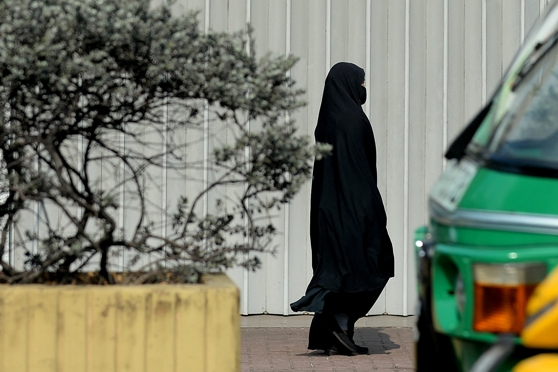EU to review Sri Lanka’s access to GSP+ trade concession amid rights abuse concerns

COLOMBO – A European Union (EU) delegation arrived in Sri Lanka on Monday (27) morning to assess if the bloc should withdraw the country’s largest trade concession amid renewed concerns over human rights abuses against ethnic minorities.
The five-member EU delegation will meet officials including President Gotabaya Rajapaksa and all key stakeholders to assess the progress of Sri Lanka’s pledges to comply with 27 international conventions in return for the Generalized Scheme of Preference Plus (GSP+) trade concession.
The European Parliament in June adopted a resolution to consider withdrawing the more than US$ 500 million worth of trade concession. Its key demand was that Sri Lanka repeal the Prevention of Terrorism Act (PTA), which has been systematically used for arbitrary arrests and the detention of Muslims and minority groups in Sri Lanka.
International rights groups have asked the EU to demand Sri Lanka to comply with its obligations to continue the trade concession.
“Under President Gotabaya Rajapaksa, the Sri Lankan government has suppressed civil society, silenced protesters, targeted vulnerable minorities, further misused the abusive PTA, and reversed any progress on accountability for war crimes,” EU director at Human Rights Watch Lotte Leicht said in a letter last week.
“The EU should call out these blatant violations of Sri Lanka’s obligations under the GSP+ rules and be clear about the consequences if human rights violations and impunity for war crimes persist.”
The Rajapaksa government has denied the allegations.
The EU is the second-largest export destination for Sri Lankan products, and GSP+ has helped the country’s exporters to consolidate their position.
Around 7,000 Sri Lankan export items are covered under GSP+, of which around 60% are apparel, 11% are rubber products, 9% are gems and jewellery, 3% agriculture and around 17% other products, including wood products, toys and tableware.
The EU delegation visit comes after two key incidents of alleged human rights violations in the last two weeks. These include State Minister Prison Management and Prisoners’ Rehabilitation, Lohan Ratwatte, allegedly forcing Tamil detainees at the Anuradhapura prison to kneel before him and threatening them at gunpoint; and the arrest of an opposition Tamil legislator, Selvarajah Kajendren, for trying to commemorate the death of a Tamil Tiger rebel in public while maintaining all COVID-19 health guidelines.
The two incidents took place when international attention was on Sri Lanka for its past human rights records as the United Nations Human Rights Council continued to assess the country’s progress in addressing alleged past abuses.
The EU delegation also comes two weeks after the United Nations Human Rights chief raised concerns over Sri Lanka’s conduct over addressing past human rights violations and said the world body will initiate maximum information gathering this year over said violations.
-economynext.com

